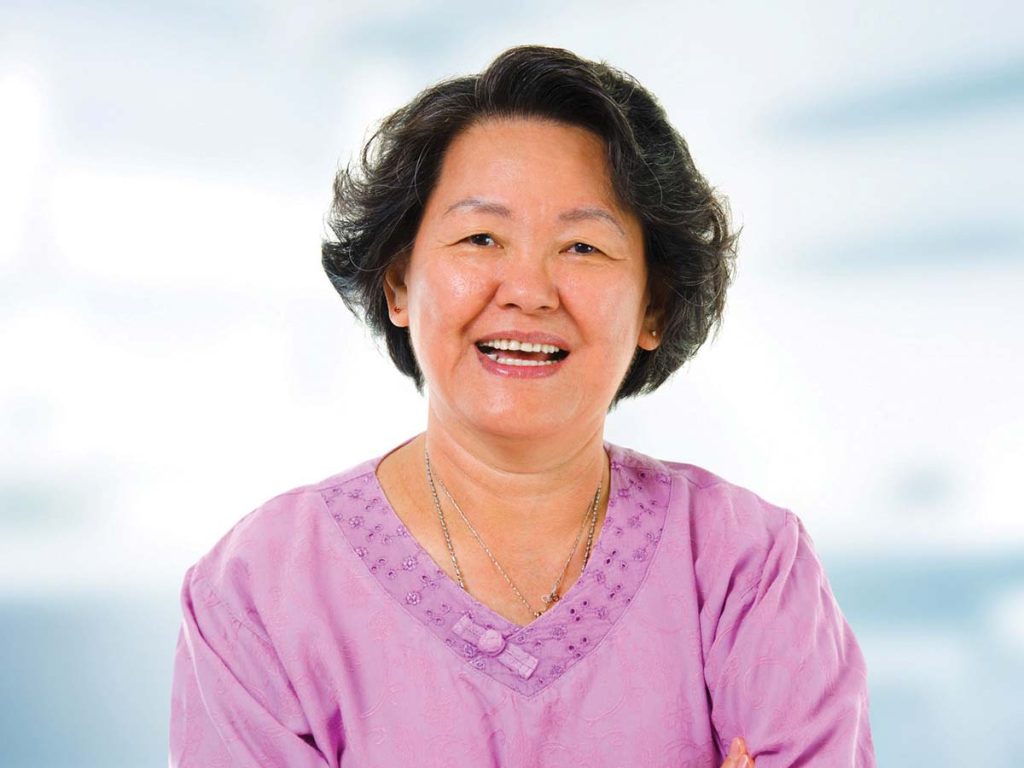It can be one of the hardest jobs a person ever has to do. Caregiving involves helping or supporting on a variety of physical, emotional and financial levels and can be very demanding, to say the least.
As a former caregiver for my parents, I often struggled with assuming many new responsibilities, balancing my time, and helplessly watching as we went from one crisis to another while both Mum and Dad physically and mentally declined. Like many new caregivers, I lacked any related personal and professional experience to help me and found my growing workload and day-to-day caring responsibilities overwhelming a lot of the time.
Mind you, the job of caregiving wasn’t all bad! And, I’d likely do it all again if I had to. But, There were lessons learned that I think can make this job easier which I’d like to share. Consider the following ideas:
Prepare: Considering how aging is a natural process for us all, it is alarming how few people think or plan ahead. Caregiving pre-planning don’t have to be major … start small and work your way up. Not only will gradual change be far more manageable, but all of you may find talking about small things that can ease the load and reduce safety risks far more agreeable.
An early duty I assumed was to handle paying Mom and Dad’s ongoing monthly bills. With my parents’ consent, I was granted signing authority for their bank account. I was also able to review costs, cancel various services that Mom and Dad no longer required and set up automatic withdrawals for many of their regular expenses. Being proactive rather than being reactive is key.
Communicate with other family members: Do you cringe at the idea of discussing personal affairs with loved ones and other siblings? You’re not alone, but these discussions will be important. With parents, adult children or those who are given caregiving responsibilities will need to know and understand their plans and wishes. How is their health? Do they want to age-in-place? Where are their Wills/Medical Directives located? Regardless of whether it’s a small, large, blended family situation, you need to know who can help, how they can help, and how much time, effort and resources are available?
Share the workload: New caregivers often mistakenly try to tackle caregiving independently without much help. (They’re either feeling obligated or being unsure about where to find help). This can be a mountain to climb! Before or as you begin reach out to others, ask for help (e.g. from other family members, friends, seniors’ centres, caregiver support groups, condition-specific organizations, the federal government, etc.), and be ready to talk about what you might need and be ready to accept help if and when it’s offer.

Tidy up and declutter: This may be a bit of a sensitive issue but sorting things out and creating a more organized, safer environment maybe worthwhile. It’s also good head start for the future when this work will need to be done for a move or change in circumstances. Whether it’s sorting and taking surplus clothes or bedding to the Goodwill, tackling a garage full of old paint cans and tools, the stuffed full laundry room or a plethora of shopping bags, plastic containers or travel pamphlets you may want to tackle an area at a time depending on priorities of course. This is often a way out of town siblings can help when they come for short visits—perhaps each one can tackle a closet or a drawer or two. You never know what you’ll find.
Consider respite care and activities: Learn what this is and know that as with parenting, taking a break to relax and recharge is sometimes the best medicine. Professional caregiving companies can provide qualified staff to visit with and assist with household, overnight and daily caregiving duties.
Local seniors’ associations can provide day programs, classes, and services of interest. There are transportations services so you don’t have to do it all. And, friends/neighbours are often willing to do a friendly check in, walk the day and drop off a meal.
As Dad’s Alzheimer’s disease progressed, my sisters and I found him a hospital day program which truly engaged him in various activities and, also most importantly, allowed our mother a chance to take care of her errands without worrying and benefit from some quiet personal time while he was away.
Keep your perspective: In the past we may not give a second thought to driving a car, brushing our teeth, going to the washroom, holding cutlery, buttoning up a shirt, or tying shoes, but now, as new caregivers we realize that older adults, especially those with frailty or a progressive condition can find themselves forgetting things or struggling with personal care and simple daily tasks. Being respectful, understanding a person’s new limitations while allowing them to still do what they can and recognizing frustrations, medication side effects can require new found patience, calmness and a watch and wait strategy.
Still working?: More companies are thankfully recognizing the strains that caregiving places on their staff and are exploring innovative and realistic supports. Whether your need is to deal with a short-term emergency or more regular care duties, there may be opportunities beyond quitting or being fired. Reliability and communication are key. Discuss options and your needs to see if solutions can be found that are good for you and your employer may find their employers quite open to their situation and willing to work with them (a struggling staffer may think the only answer would be to be fired or quit but remember that it can be more costly and time-consuming for an employer to advertise, hire, and train someone new than keep a proven good worker).
Housing and lifestyle options: Some older adults wish to stay in their own homes for as long as possible and have the resources to hire support workers and nurses as well as making their homes safer by installing lifts and using other supportive equipment. Others will opt to move from existing homes, condos and rental accommodations into retirement or longer-term care communities. Knowing what services and supports available will help family members and individuals themselves make better decisions when the time comes. Of note: Long-term care homes will, typically, offer guided tours. Participate in these tours and bring a checklist. Talk to other family members. Rookie caregivers will need to evaluate cost, placement wait times, application procedures, level of care provided, services/programs provided, staff—resident ratio, room sizes and location, safety, and cleanliness. How are concerns handled? Is there an active family council?

Think outside the box as well. Are there any appealing “extras” to a property? Are their nice gardens or views. Is there a recreation program? How is the food? My father’s long-term care home had a bus for resident outings, plenty of visitor parking, and a covered front entry (helpful when I was loading or unloading Dad from my car in inclement weather).
Create a binder and a shared on-line folder: Collecting and organizing information for this job can seem daunting but can be very useful for all concerned. This is where you can store health records (eg, past illnesses, operations, allergies, medications and dosages), health insurance policy numbers, family doctor’s name and clinic address, emergency contacts, copies of important documents (Power of Attorney, Guardianship Orders, Personal Directives. etc.) can all be saved here. It often helps to have printed versions as well that can be grabbed by anyone quickly. Don’t be afraid to be a bit ‘old-fashioned’ if it’s easier for you with brightly coloured page dividers to separate sections and plastic page protectors.
Review technology: Remove old devices and cords that are hanging around collecting dust. Today there are many newly minted home monitoring devices, automated lighting, emergency response bracelets, fitness trackers, medication reminders, and communication aids are among the numerous technological advances that can make life easier and more comfortable for carers and the person they are caring for. However, don’t get too fancy and create an overwhelming situation that sees devices go unused. Test things out, talk to those involved to see what might be helpful and consider whether items are easy to use, needed for the short or long term, or need installation or regular maintenance to function.
There is joy in caregiving
It’s easy to talk of struggles and the fact that newbie caregivers will likely hear much negativity about the role and the work and changes it entails. Yes, there are challenges, uncertainty, difficult decisions to make, and mounting stress, but caregiving can also be very rewarding and time well spent.
I remember taking Dad to a Christmas concert one year. While he likely wouldn’t have remembered our outing, by the broad smile on his face, I knew that he greatly enjoyed being “in the moment”—a memory I still cherish to this day. Others speak of rewards of “giving back,” finally spending time learning about their family history and connecting around shared memories in the midst of their caregiving journey to mention a few.
My time as a family caregiver also had many other benefits for me. Among these were becoming more self-confident, learning more about my parents, building stronger relationships with my sisters, and learning more about my own capabilities to handle difficult situations.
Rick Lauber is a freelance writer. He has written two books, Caregiver’s Guide for Canadians and The Successful Caregiver’s Guide.
Photos: CanStock
Just a few facts…
• Women are 42% more likely to provide care.
• One in five provide financial support.
• Men are more likely to do household maintenance.
• Women provide more emotional support than men.
Source: Statcan.gc.ca












